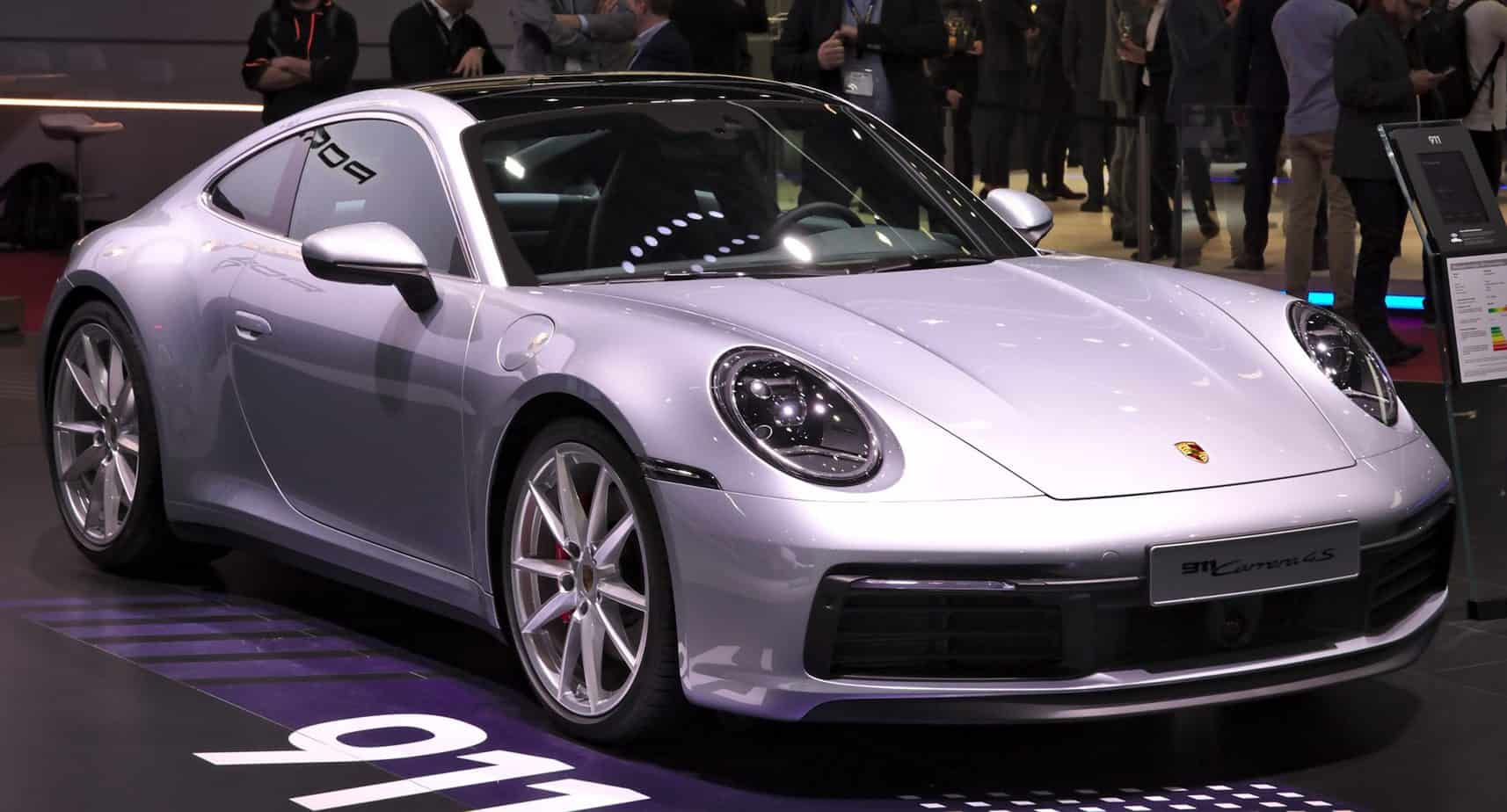A lot of car enthusiasts are passionate about specific types of cars, and German and Japanese cars have a huge fan base. Both countries manufacture cars that are consistent with their high-quality standards and are carefully crafted to create the best version of that car possible. If you’re in the market for a new car, both German car brands and Japanese car brands have their benefits. So how are you to decide which one to get? Let’s take a look at the difference between the best German car brands and best Japanese car brands.
The Difference Between German and Japanese Cars
Japanese cars are made for mass-production. The manufacturers use materials that are built-to-last, cheaper to produce, and easily replicated. Additionally, the best Japanese car brands (the two biggest being Toyota and Honda) are especially skilled in the production of compact, research-based, and modest vehicles.
But German car companies are a different story.
What comes to mind when you think of these popular car brands: Audi, Mercedes-Benz, BMW, and Porsche? Most people think of high-quality (maybe even luxurious) comfortable, and fast. Those three things sum up the best aspects of the best German car brands. German cars are known for their power and speed. They are machines that were made to be shown off, and get you from A to B in the best way possible. If this is what you’re looking for, German car companies are for you.
German Cars vs. Japanese Cars – Reliability
Japanese cars have a reputation for being extremely reliable. This is largely due to their technique of perfecting a car’s parts and products before wide-releasing it. A lot of car companies will roll out a few versions of each model before getting it right, but Japanese car brands tend to spend more time engineering their cars so that the result will be one durable, reliable, and easily-operated vehicle. People have asked us, “are German cars reliable?” German-made cars can hold their own verse most other countries however the best Japanese car brands get the win for reliability.
But just because a car is more reliable, does not necessarily mean that it is better.
German Cars vs. Japanese Cars – Style
In terms of affordability, German car brands are more expensive. This is due to the overall quality of the car, how it is produced, and the name of the brand itself. A lot of the most highly sought-after luxury and performance cars are from the German car companies that we listed above: Audi, BMW, and Porsche. They’re sleek, shiny, refined, and elegant.

Some Japanese luxury cars like Lexus can embody these characteristics as well, but generally, they tend to be designed with a minimalist style.
German vs. Japanese Cars – The Verdict
Both German car brands and Japanese car manufacturers have numerous benefits that are attractive to a lot of people. When you’re deciding what car manufacturer to go with, these are the best two kinds to choose from. The final decision comes down to what you are looking for in your new car. If functionality, affordability, and trustworthy are most important to you, a Japanese brand such as Honda or Toyota will satisfy your needs. For those who want something exotic, classy, visually-appealing, and refined, a BMW or Mercedes-Benz could make you happy.
Since both of these car types are unique, you need to make sure you have an automotive shop with the experience and equipment needed to keep it in optimal performance. GT Automotive has a highly skilled team with decades of experience in both foreign and domestic cars. To schedule a service, call (801) 302-0912 today!
